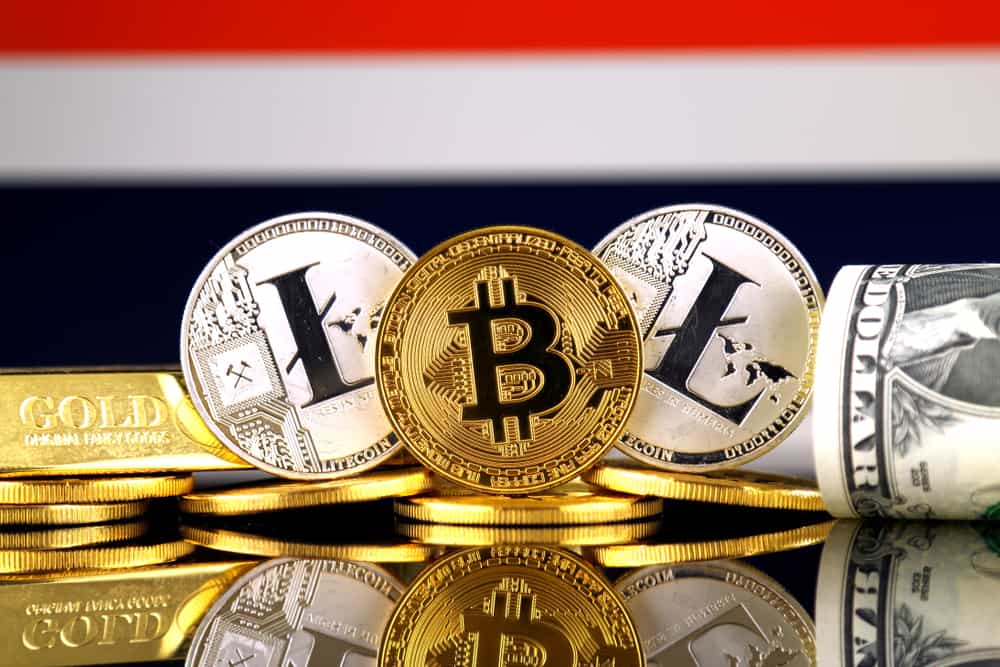The Securities and Exchange Commission of Thailand approved the new framework for cryptocurrency regulation in a meeting that transpired on Thursday, June 7. Initial Coin Offerings (ICO) can now safely proceed in the country while companies can apply for exchange licensing. The proposed framework will go into effect later this month, legalizing seven prominent cryptocurrencies.
A New Era for Thai Crypto Traders
The announcement for new regulations came less than a month after a May 14 decree that made the SEC in charge of crypto regulations in Thailand. Tipsuda Thavaramara, deputy secretary-general of the regulator, said that new regulations would cater to all aspects of cryptocurrencies, including initial coin offerings, taxation, dealers, brokerage firms and more.
Local media outlets reported that the agency would allow seven crypto coins to be traded as “trading pairs.” These currencies are Bitcoin, Ethereum, Bitcoin Cash, Litecoin, Ripple, Ethereum Classic and Stellar. These seven coins were chosen because they do not promote privacy and have better liquidity and consensus credibility.
New Licensing Requirements
The SEC is expecting about ten firms to apply for licenses to operate crypto exchanges in the country of which must be done before August 14. Only registered companies can apply for exchange licenses, paying an upfront fee of 5 million baht (~US$156,194).
Half of this fee will be used for crypto operations while the rest could be utilized for token distribution. For brokerage firms, the fee is 2.5 million baht and 2 million baht for dealers.
Exchanges will also pay an annual fee equivalent to 0.002% of the total trading volume with a minimum payment of 500,000 baht. Brokerage firms must pay an annual fee of 0.001% of total trading volume with a minimum payment of 250,000 baht. The payment is capped at 20 million baht for the former and 5 million baht for the latter.
The law also puts down minimum registered capital requirements for the same. For exchanges, this amount is 50 million baht and 25 million for brokers.
Decentralized exchanges must pay 10 million while decentralized brokers pay 5 million. Dealers need at least 5 million in registered capital. If brokers are involved solely in sending trade orders, their capital requirement is only 1 million.
Bangkok Post reported that all market participants in the state, including brokers, dealers, exchanges and ICO issuers would have to register with the SEC “within 90 days of the effective date.” They must also receive approval from the Finance Ministry to conduct business in digital assets.

ICOs Are Legal, but With Restrictions
Companies conducting token issues must always state the type of tokens they issue, along with investment information. ICO portals must look after ICO offerings for at least one year and have 5 million baht as registered capital.
Local publications note:
“Sellers of unauthorized digital tokens and those setting up unauthorized seminars to solicit cryptocurrency investment will be fined no more than twice the value of the digital transaction or at least 500,000 baht [~$15,619.88]. They could also face a jail term of up to two years.”
The new regulations do not specify the limit of investments for ultra-high-net-worth individuals. However, it notes that “investment is capped at 300,000 baht for retail investors per person and per ICO project or no more than 70% of total value of offered tokens.”






